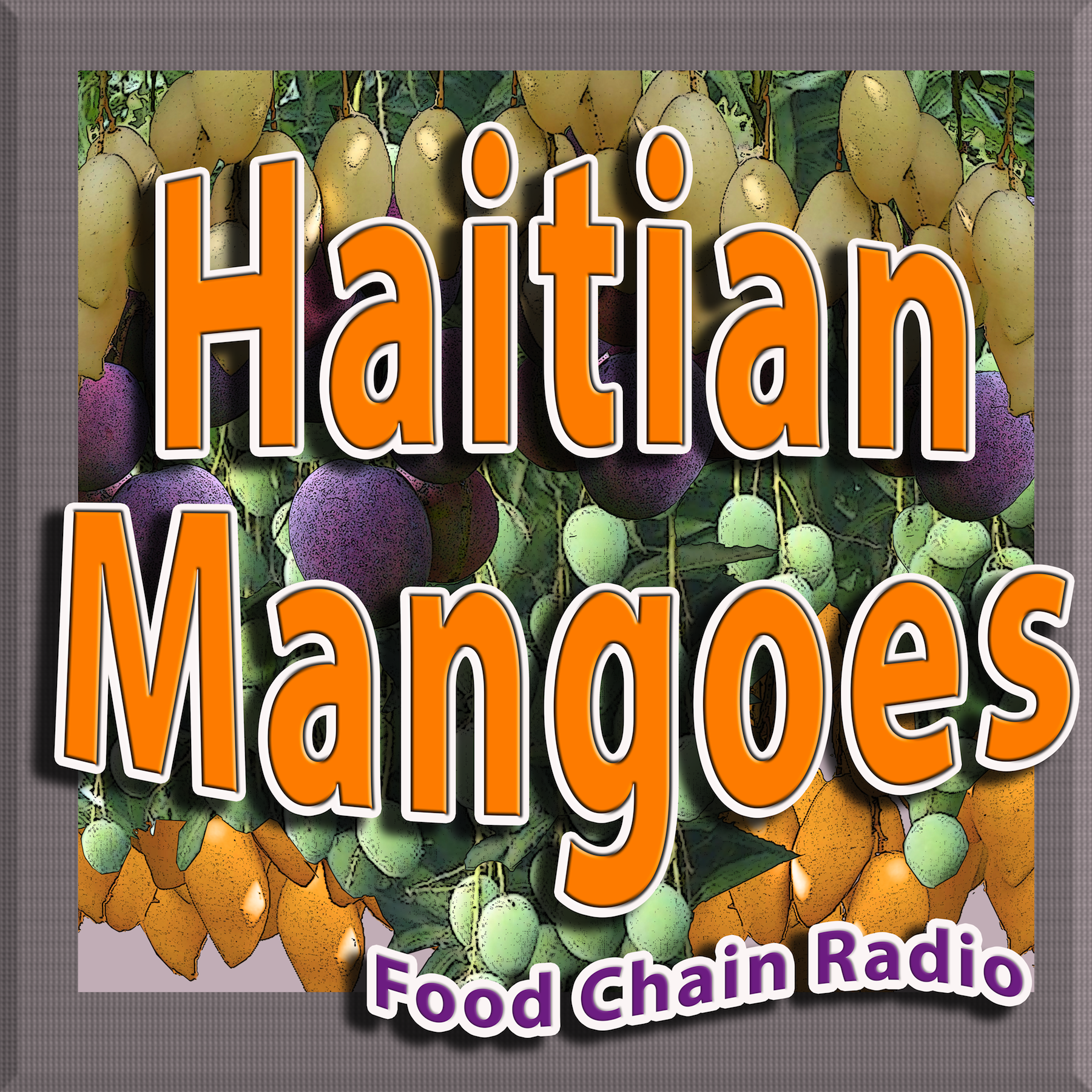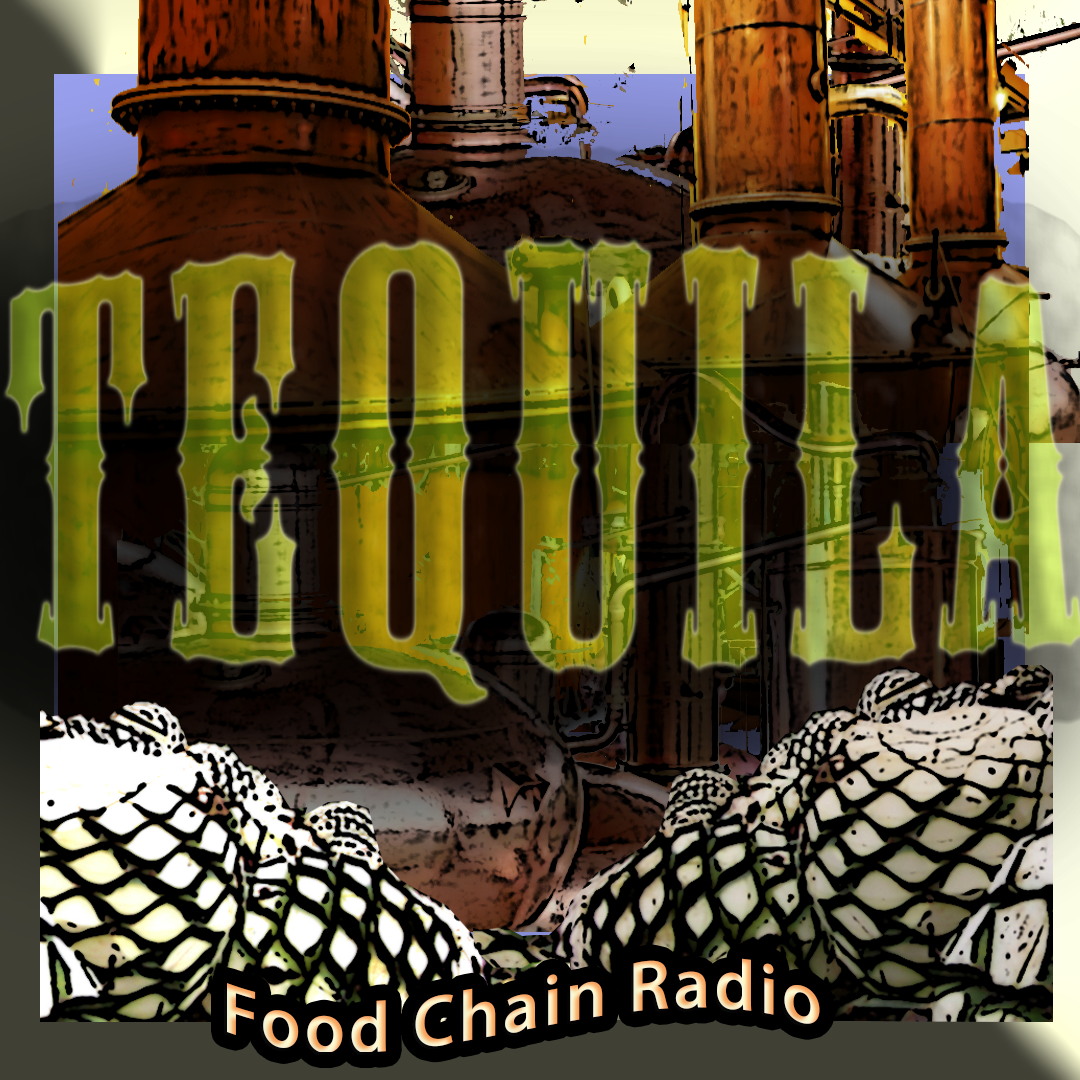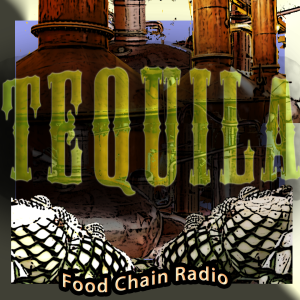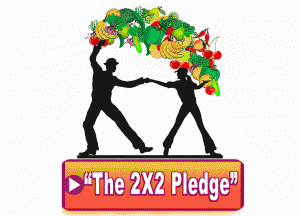
GMO Controversy
November 18, 2015
Haiti Mangoes
December 10, 2015Food Chain Radio Show #1037
Michael Olson, Author & Urban Farming Agriculturalist
How Gringos Stole Tequila
Guest: Chantal Martineau, author of How The Gringos Stole Tequila
I was a young Navy recruit fresh out of Montana when I learned my unit was being shipped out to Viet Nam in a few days. And so, in keeping with a long Naval tradition, I joined up with a few shipmates and headed for Tijuana.
I do not remember much about that evening, nor the next several evenings, but I do remember avoiding tequila for a number of years after that first visit to a foreign port.
During the years since tequila became a spirit famous for wild times and the consequences thereof. One did not sip tequila, one slugged a shot with lime and salt, then another and another and another. Consequently many others throughout the world also enjoyed a good Bad Tequila Experience.
Part of the reason for the tequila experience was that tequila and mezcal were taken from their traditional small farm manufacturers and industrialized to feed the mass market. And much of that tequila and mezcal are loaded with additives and adulterants.
But change is in the air. We gringos are now discovering the original small batch tequilas and mezcals of the small farmers of Mexico. And so we ask…
Leave your comment below: Have you tried small batch, pure tequilas and mezcals of Mexico?
Tune in here, for the syndicated Food Chain Radio Show #1037 December 5, 2015 Saturday 9AM Pacific





1 Comment
As someone who has lived most of his life in Tequila country and has worked with Agave growers, allow me to correct a few misconceptions:
Tequila is a forma of mescal that comes from a certain variety of agave (tequilana weber) and is regulated by an Official Mexican Norm (NOM, en Spanish) that limits it’s production to certain geographic area.
Aside from the period it is aged, there are there are 2 kinds of tequila, officially: 100% Tequila which is bottled in it’s place of origin and 50% Tequila which is shipped in bulk to foreign countries (or other locations outside the tequila producing plant), where other liquids are added before it is bottled.
Tequila is an important agroindustrial product for the region in which it can be legally grown and I have suggested to the growers that they take charge of the entire production chain and produce and distribute the end product themselves. I have also offered to help them accomplish this, in terms of the technology and other resources required.
I have also crossed the bridge between Tamaulipais and Texas with a few boxes of bottled Tequila in order to send samples to distributors and have discovered that although Al Capone is no longer alive, those still in the business do not seem much better.
I do not drink Tequila personally (or any other alcoholic drink) and believe that a more direct production > consumer chain created by socially and environmentally responsible participants is the only way to do this right.
As things stand, greed and avarice predominate and the intermediaries walk away with more than their fair share.
Douglas Hinds
Socially and and Environmentally Responsible Alliance for Agriculture and Rural Development